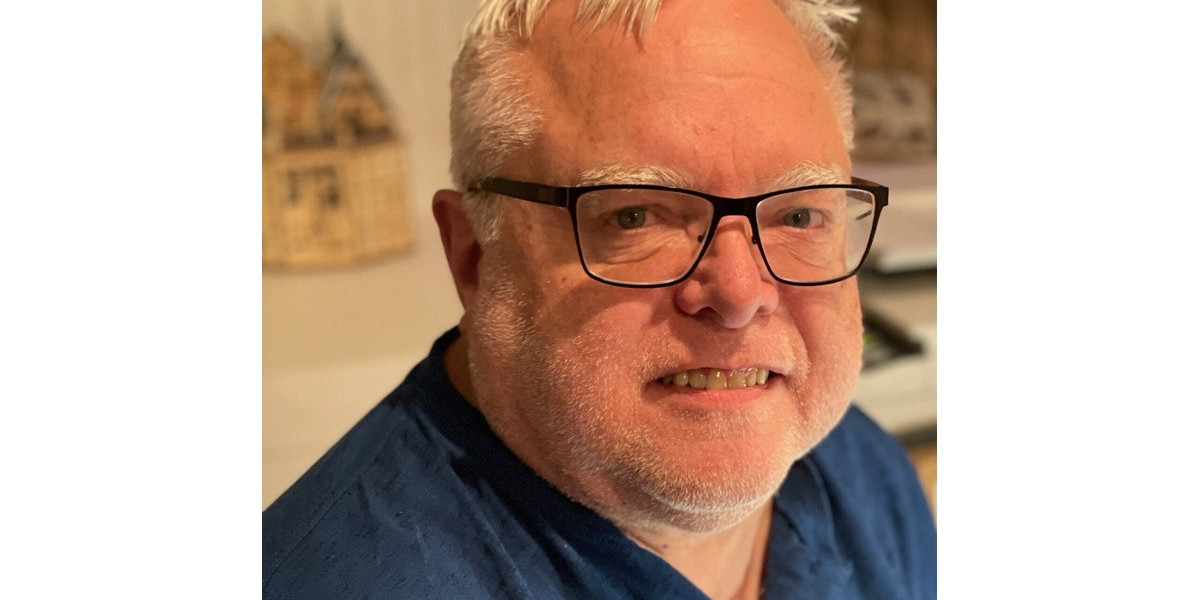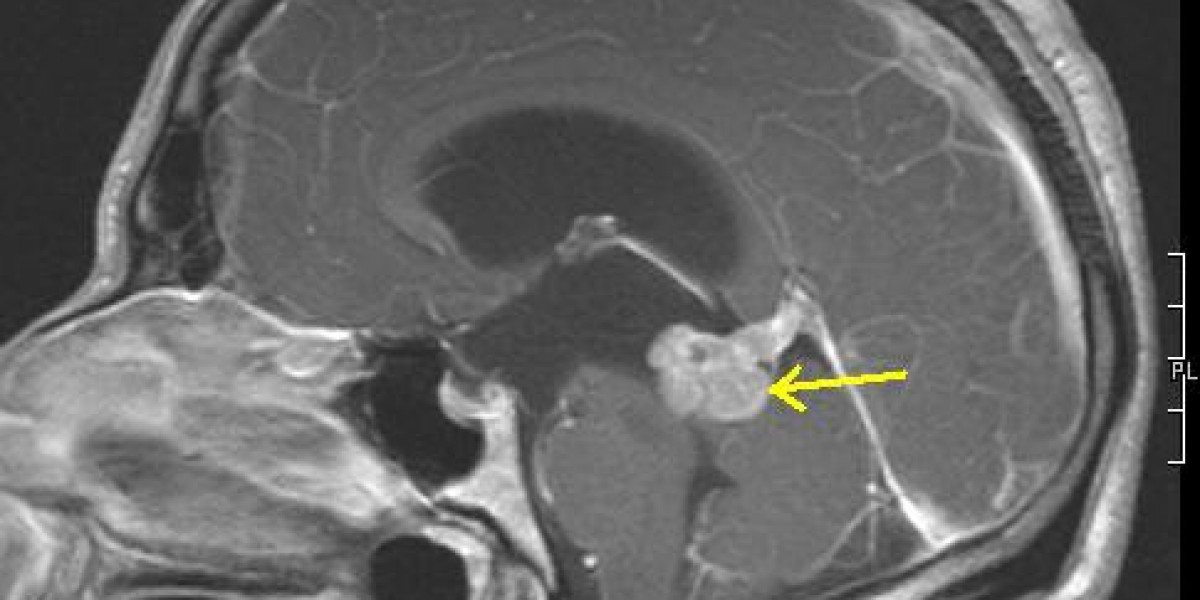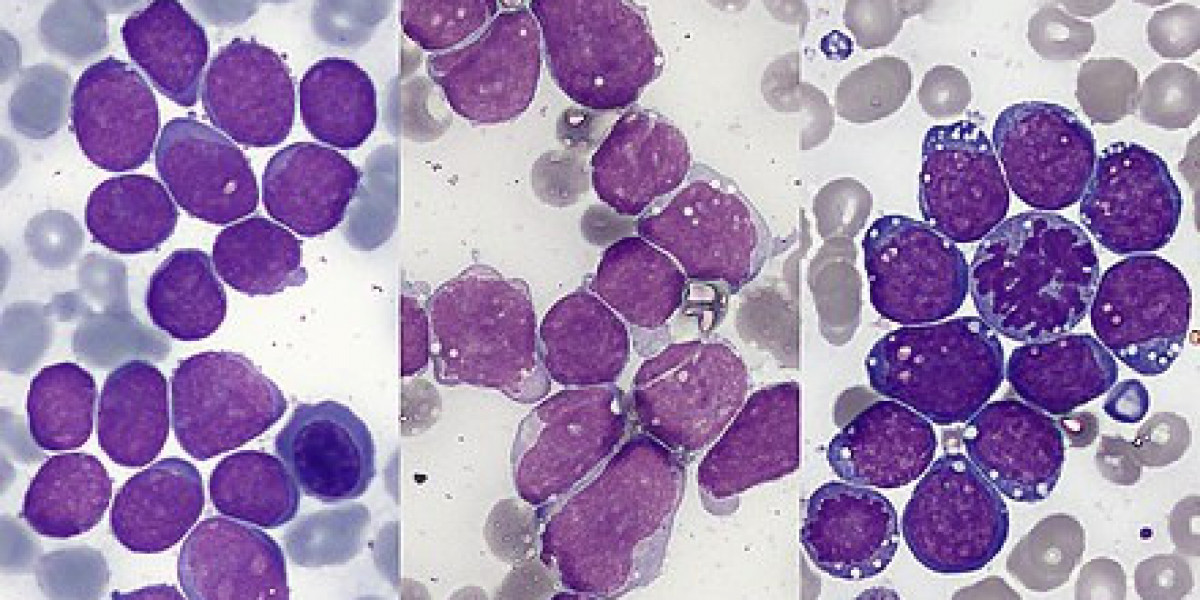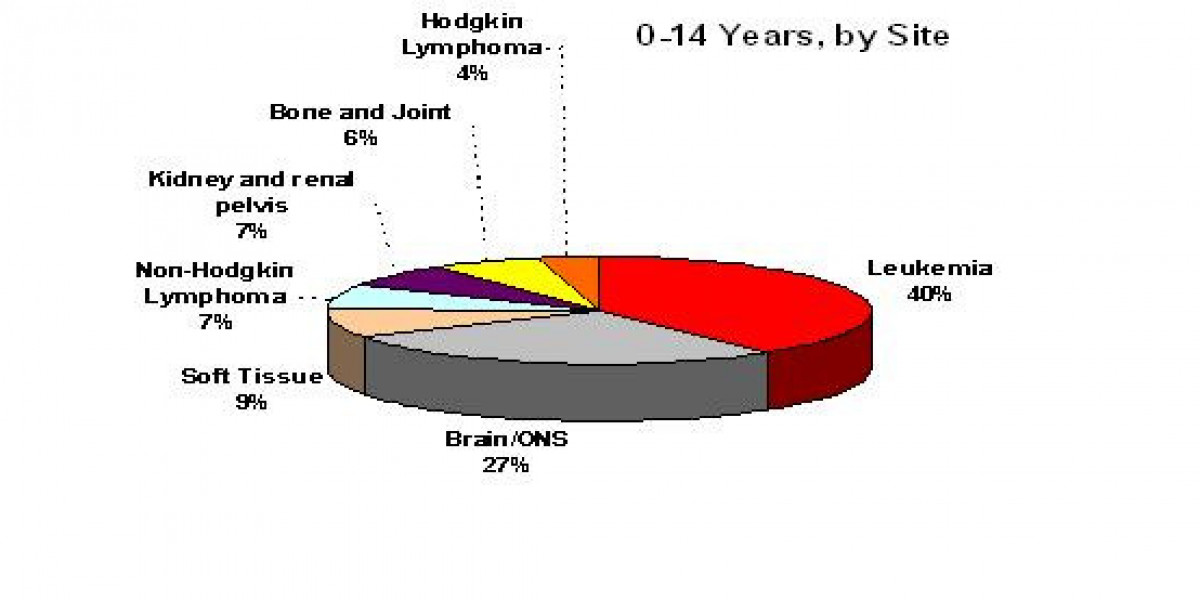Rob M., Prostate Cancer, Stage 4
Symptoms:Burning sensation while urinating, erectile dysfunctionTreatments:Surgeries (radical prostatectomy, artificial urinary sphincter to address incontinence, penile prosthesis), radiation therapy (EBRT), hormone therapy (androgen deprivation therapy or ADT)
Rob hadn’t expected much from the PSA test (prostate-specific antigen test), it was ordered by his urologist “just in case” after a visit for erectile dysfunction. But that simple test changed everything. His PSA level was 44, far outside the normal range. What followed was a diagnosis of stage 4 prostate cancer, news that left Rob reeling.
Interviewed by: Nikki MurphyEdited by: Katrina Villareal
A biopsy soon confirmed the worst:prostate cancer, and eventually, that it had spread to his lymph nodes, qualifying it as stage 4. Rob’s world turned upside down. He immediately assumed the worst, and even started to prepare end-of-life documents. One oncologist bluntly told him there would be no cure.
The emotional weight was hard to carry, and Rob admits it took a full year oftherapyeven to begin managing the anger, fear, and grief that came with his diagnosis. Therapy helped him find clarity amid the emotional chaos and process the many losses he faced physically, psychologically, and relationally.
Rob describes the emotional roller coaster vividly, but through it all, he clung to four words: faith, hope, gratitude, and acceptance.These weren’t just abstract ideas; they became his emotional compass. Faith helped him share the load with something bigger than himself. Hope, even when it flickered, was always present. Gratitude helped him stay grounded. And acceptance, while the hardest, was the most healing.
Support came in many forms, but what stood out most to Rob was one-on-one connection. ThroughImerman Angels, a nonprofit that matches individuals with similar cancer experiences, he found a mentor who truly understood the emotional weight of stage 4 prostate cancer. Whilegroup supporthas undeniable value and can foster community, Rob felt that having someone walk beside him on a more personal level offered the space to process his emotions more deeply. Today, he pays it forward by mentoring others, aiming to uplift and empower without overwhelming.
While he experienced lastingside effects— from incontinence to penile shrinkage — Rob emphasizes that honest, proactive care could have prevented much of the trauma. Still, he’s found new ways to build intimacy, especially through therapy with his wife. By sharing his story, he wants others to learn from his experiences, ask the hard questions, and not face cancer alone.
Watch Rob’s video to find out more about his story:
This interview has been edited for clarity and length. This is not medical advice. Please consult with your healthcare provider to make informed treatment decisions.
The views and opinions expressed in this interview do not necessarily reflect those of The Patient Story.
Share your story, too!
Your email address will not be published.Required fields are marked*
Comment*
Name
Website
Save my name, email, and website in this browser for the next time I comment.
Δ
This site uses Akismet to reduce spam.Learn how your comment data is processed.
Originally published on The Patient Story: https://thepatientstory.com/patient-stories/prostate-cancer/rob-m/








